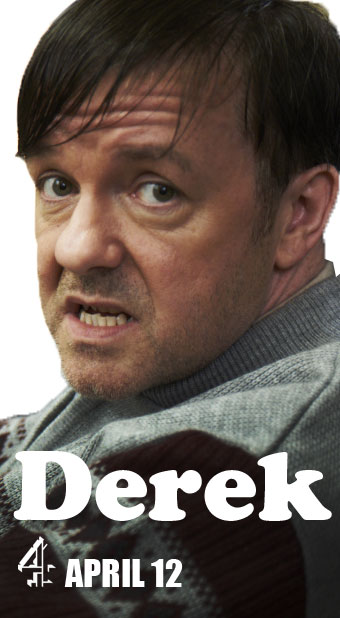I would not write about poop.
I have mostly kept that vow.
Last week, among other outrages, a "real housewife" published a book called Love: Italian Style that seems to feature every stereotype about gender, marriage, and Italians that one could invent. I have not read the book, but because of my interest in marital and parenting norms, I did follow the reviews. Here's Gawker.
The worst passages are on marital rape, followed by a whole host of other abusive passages. But I focused on this one.
The amount of sexism, gender essentialism, and caveman logic within its pages is so appalling that it's difficult to believe that her book is anything but a cry for help.
I feel sorry for men who have this attitude towards caregiving. While the other egregious excerpts from this book are not, I hope, typical, I think this one is.
Joe, the housewife's husband, says: "I don't feed babies, or change the diapers. My father never wiped my ass, and I don't wipe my babies' either."
It's true that I didn't especially like changing diapers and feeding was often messy and a chore, but caring for my son, first, and then my daughter, changed me as a person. When you are responsible for all the basic bodily needs of an infant, this intensifies the bonding between the two of you. I've never forgotten those early weeks and months of learning to read the signals coming from my children, assessing their input and output carefully, trying to predict and meet their needs. It changed my relationship with my wife, too, as caregiving became a new aspect of our partnership.
I was very hesitant, at first. I loved kids, but had not spent a lot of time around babies, and used to have quite the weak stomach when it came to diapers. Even the smell from someone else's kid would make me leave the room, and I was nervous about failing this test when Nico was born.
I think his diagnosis played a role, here, as the words "Down syndrome" shifted us into a new world and made new demands on us. We met those demands, I think, with as much grace and love as we could, because we had no real choice. There was a baby. We loved him. He had needs. We tried to meet them. And we changed.
By the time my daughter was born, caregiving was just a normal part of being a father; of being a man. I'm grateful to my children for the depths they have helped me discover.
My son is six and a half and mostly potty trained, though he still has accidents. Still, he doesn't really know how to wipe his own bottom, so he gets off the potty and calls for help. I lean down to clean him and he leans in to me with his head, holding still, waiting, close. These are not my favorite moments with my son, but they are part of whole package of fatherhood. I'm looking forward to the day when he can do it himself, but I never mind. I'm glad he lets me help him. I'm glad he trusts me. I'm glad I'm his dad.









